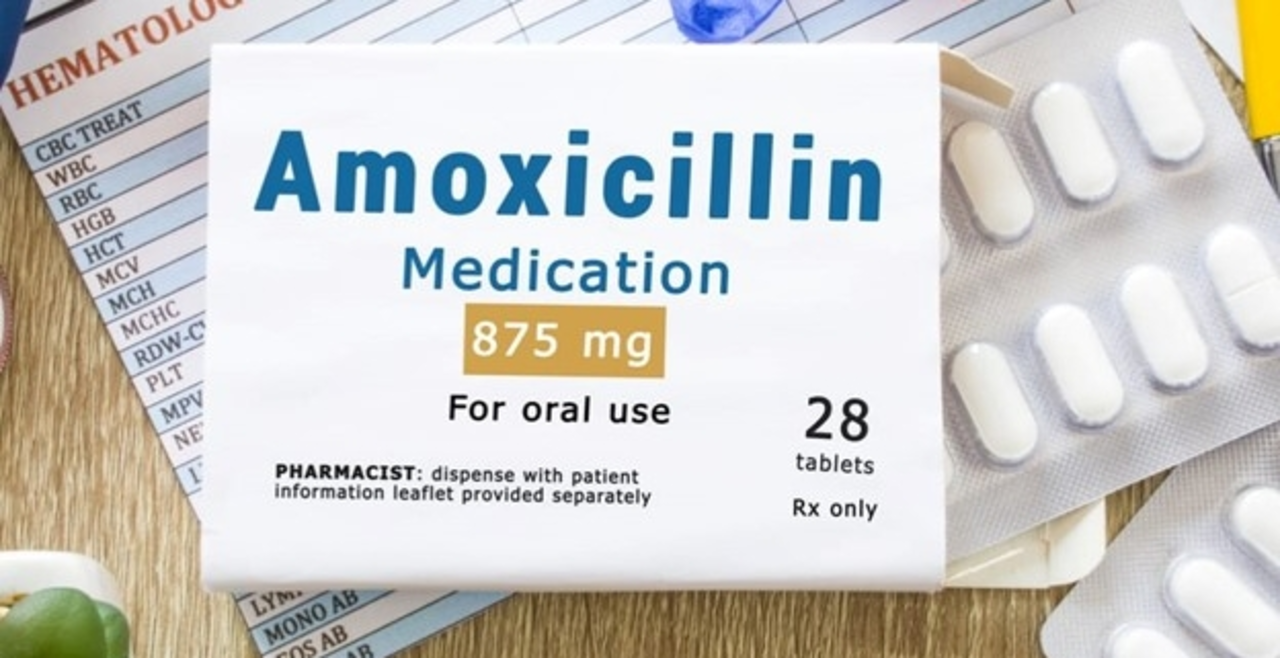Travelers' Diarrhea: What It Is and How to Handle It
Up to half of people visiting high-risk countries get travelers' diarrhea. It’s usually sudden, messy, and can wreck a trip fast. Most cases come from bacteria in contaminated food or water — enterotoxigenic E. coli (ETEC) is the common culprit — but viruses (norovirus) and parasites (Giardia) also show up. The good news: most people recover in a few days if they treat dehydration and symptoms early.
Practical prevention you can use today
Be picky about food and water. Drink bottled or boiled water, skip ice unless you’re sure it’s from safe water, avoid raw salads and unpeeled fruit, and favor hot, fully cooked meals. Handwashing is huge — carry alcohol hand gel for times you can’t wash. Vaccines (typhoid, cholera) lower risk for specific bugs; ask a travel clinic if they suit your destination. Pack a small travel kit: oral rehydration salts (ORS), loperamide for short-term symptom control, and consult your doctor about carrying an antibiotic for moderate-to-severe diarrhea.
Quick first-aid: use these steps
Step 1 — Rehydrate. Loose stools can dehydrate you fast. Use ORS sachets or make a safe mix: 1 liter clean water, 6 teaspoons sugar, and 1/2 teaspoon salt. Sip often. Avoid sugary sodas and alcohol. Step 2 — Ease symptoms. Loperamide helps reduce stool frequency and cramps for non-bloody diarrhea. A common OTC approach is 4 mg at first, then 2 mg after each loose stool (don’t exceed 8 mg/day without medical advice). Don’t use loperamide if you have high fever or bloody stools.
Step 3 — Consider antibiotics for worse cases. If you have fever, severe cramps, or bloody diarrhea, many travel clinics recommend antibiotics. Azithromycin is widely used and effective in many regions; rifaximin works for non-bloody E. coli infections but won’t help invasive bugs. Exact dosing should come from your doctor, so discuss options before travel.
If symptoms are mild, rest, fluids, and a bland diet (rice, bananas, toast, boiled potatoes) often do the trick. Probiotics can help shorten symptoms for some people, though they’re not a cure.
See a doctor right away if you have signs of severe dehydration (dizziness, very little urine), high fever, bloody stools, persistent vomiting, severe abdominal pain, diarrhea lasting more than 48 hours, or if you’re pregnant, elderly, or immunocompromised. Medical help may require IV fluids, specific antibiotics, or tests to find the exact cause.
Want to avoid getting sick? Be sensible with food and hygiene, pack ORS and basic meds, and check a travel clinic before leaving. Small steps before and during your trip save a lot of stress on the road.

